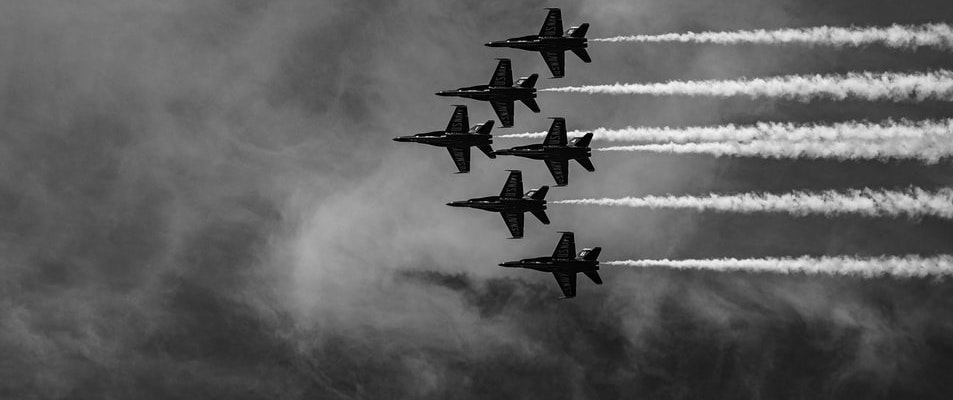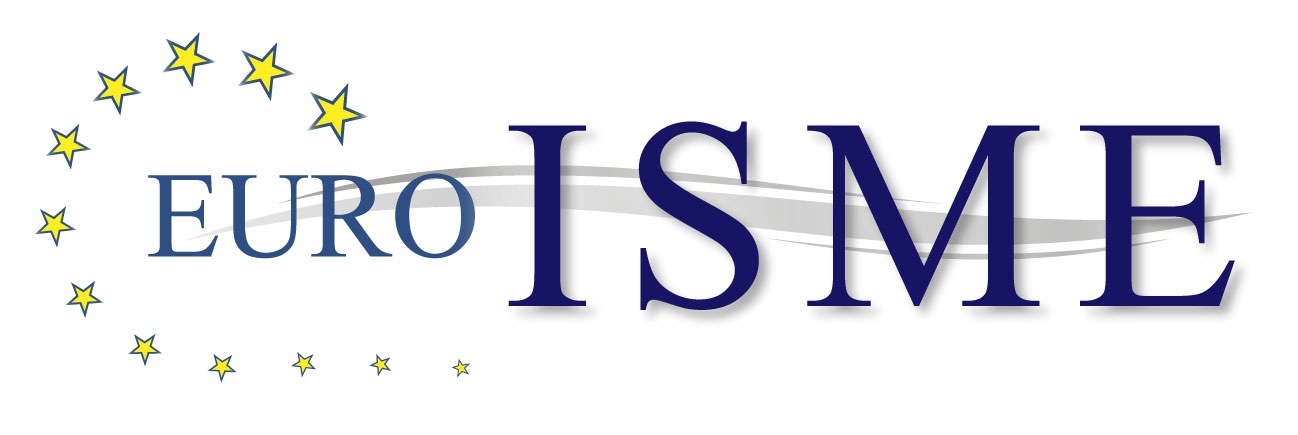Would a NATO no fly zone be the right ethical choice in the war in Ukraine?
By John Thomas, President, Euro-ISME
The Russian invasion of Ukraine continues. We have seen harrowing footage from Kharkiv, Kyiv and other cities. We have heard distressing accounts from those whose homes have been destroyed, whose loved ones have been killed or injured, and from some of the millions of refugees who have sought sanctuary outside Ukraine.
As the war continues, the ethical implications of what is happening are becoming clearer. One of the main ethical issues which has emerged is whether the West, and NATO in particular, should intervene militarily in the hope of bringing an end to the conflict.
NATO has long styled itself as the most powerful military defence alliance in the world. The catastrophic events in Ukraine are happening literally on NATO’s doorstep. President Zelensky, and his ministers have repeatedly called for NATO to impose a no fly zone over Ukraine to stop at least some of the attacks mounted by Russia. These calls have gained support from some Western politicians and commentators, including, for example, Tobias Ellwood, a UK Member of Parliament, who is also Chairman of the House of Commons defence select committee.

At first glance, the moral argument for intervention seems unequivocal. How can we stand by and watch – seemingly helplessly – while innocent lives are at risk? But the moral argument does not stop there. Choosing not to act has implications, but choosing to act has implications too.
There are many dimensions to these further implications, but 3 of them have attracted particular attention. First, it would lead NATO into a direct confrontation with Russia, opening the way to a much more serious and extensive conflict. This includes, if Putin is to be believed – the use of nuclear weapons and the risk of the conflict spreading into the territories of NATO countries. Such a conflict could lead to many more casualties than even the current war in Ukraine.
Second, a no fly zone would not of itself stop the killing. Although it would run the risk of escalation and might give Putin pause for thought, it would not stop him using ground forces in Ukraine or weapons fired from Russian airspace or territory. Nor would it guarantee safe passage for those fleeing from cities under siege.
Thirdly, it would change NATO’s posture from a defensive one to an interventionist one. This would play into Putin’s hands, as he has alleged for years that NATO is an aggressive, expansionist organisation which exists to threaten Russia.
The moral argument for intervention is sound. After the second world war, Europe said ‘never again’. It would no longer be blind, whether wilfully or through naivety to unbridled aggression. The value of lives actually being lost now can hardly be weighed against the value of lives which might possibly be lost if the West intervenes. If Putin threatening nuclear retaliation in response to an intervention motivated by humanitarian concerns, do we simply allow his obduracy to trump everything?
This interventionist view, whether driven by social and mainstream media reports, a sense of solidarity or horror, can fuel not only a sense of frustration amongst well-meaning people. They feel that ‘something must be done’ but also a sense of guilt at our inaction, and they call for actions to replace words of support.
This is a tragic moral dilemma. There is a legitimate and seemingly well founded desire to avoid escalating the conflict and to risk a situation where many more people might die. But is this justifiable in the face of actual death and destruction? What is the moral equation that would allow us to resolve the value of lives and livelihoods destroyed now against the value of those that might be destroyed in the future?
Although it is difficult to draw exact parallels between events, NATO has been here before. In 1968, Soviet troops poured into what was then called Czechoslovakia to crush the Prague spring. Had NATO intervened then, there was a serious risk - perhaps even a certainty - of the Cold War becoming a hot war. On the day that the Soviet Union’s troops moved into Prague, US president Johnson and Soviet prime minister Kosygin were scheduled to announce that nuclear strategic arms limitation talks were to begin soon[1]. A NATO intervention in Prague would surely have scuppered those talks and any hope of détente in the longer term. Although the announcement was cancelled, the talks eventually went ahead. This balance between long and short term moral imperatives can never be an easy one, especially without the benefit of hindsight.
Military intervention now would be more than straightforward humanitarian intervention. Many readers will remember the complexities that ensued when a UN Protection Force (UNPROFOR) attempted a similar intervention in the Balkans in the 1990s. A similar type of intervention in Ukraine now would be an order of magnitude more difficult and require the deployment of sufficient military force to neutralise one of the largest military machines on earth. It could be very ugly, violent and protracted. If a no fly zone were not enough to stop artillery or missiles being launched from Russian airspace, what then? Does the no fly zone become a no fire zone when every ground based Russian unit becomes a legitimate target?
Direct intervention now would be a gamble. The aggressor might realise he has gone too far and withdraw, perhaps presenting that withdrawal as a sign of humanitarian compassion rather than military weakness. Or he might double down, raze Ukrainian cities to the ground, use nuclear weapons, render much of Ukraine uninhabitable for generations, thereby provoking an entirely unprecedented refugee and economic crisis in Europe.
Military intervention and non-intervention are both morally justifiable. This is perhaps Europe’s greatest ethical dilemma in a generation. The stakes are high.
Finally, we should perhaps recall the Cuban missile crisis of 1963, when the world was arguably closer to nuclear war than ever before or since. It was an unbelievably tense situation, when the 2 main leaders involved, Kennedy and Khrushchev could have allowed intransigence to guide their decisions, In the end, through dialogue – however tense – a compromise was found. Such a compromise now between the protagonists in this conflict would be too late to have avoided armed action, but might prevent further escalation and at least the start of a return to normality.
[1] See The Politics of Collective Inaction: NATO’s Response to the Prague Spring. John G. McGinn. Journal of Cold War Studies Vol. 1, No. 3 (Fall 1999), MIT Press.
Credits: Photo by Stephen Leonardi on Unsplash [cropped].
